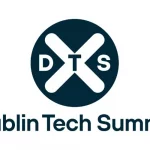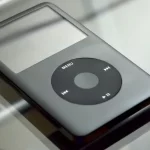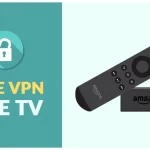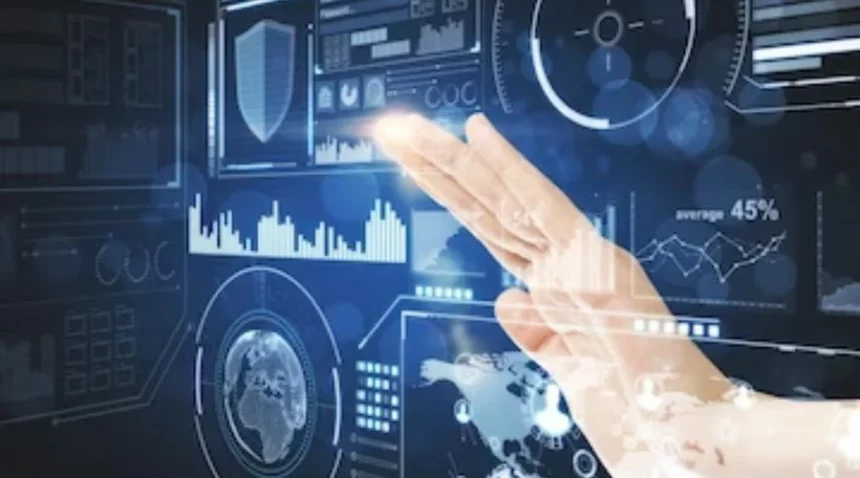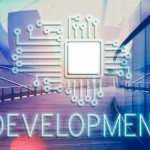The world we live in today is more connected than ever before, thanks to the Internet of Things (IoT). From smart homes to self-driving cars, IoT has revolutionized the way we live, work, and play. IoT refers to the interconnectivity of devices, appliances, and systems through the internet, allowing them to communicate and interact with each other. This technology is transforming industries, enhancing efficiency, and creating new opportunities. IoT is not just limited to consumer products, but it has also found its way into healthcare, agriculture, and transportation, among others. In this exciting era of IoT, we are witnessing a new wave of innovation that is changing how we live and work. This article will explore how IoT is changing our lives and the opportunities it presents for the future. So, buckle up and get ready to dive into the world of IoT!
How IoT is changing our daily lives
IoT has become an integral part of our daily lives, and we may not even realize it. From the moment we wake up to the time we go to bed, IoT is present in some form or the other. One of the most significant impacts of IoT on our daily lives is the rise of smart homes. With smart home devices, we can control our lights, thermostats, and even security cameras with just our smartphones. This technology not only adds convenience to our lives but also helps us save energy and money. For instance, smart thermostats can learn our habits and preferences and adjust the temperature accordingly, leading to significant energy savings.
IoT has also found its way into the healthcare industry, where it is making a significant impact. Wearable devices such as smartwatches and fitness trackers have become increasingly popular, allowing us to monitor our health and fitness levels. These devices can track our heart rate, sleep patterns, and even detect irregular heartbeats. In addition to wearable devices, IoT has also been used to develop remote health monitoring systems that allow patients to be monitored from their homes. This technology has been especially useful during the COVID-19 pandemic, where patients can receive medical care without having to leave their homes.
Another area where IoT is making a significant impact is transportation. Self-driving cars are no longer a thing of the future but a reality. These cars use a combination of sensors, cameras, and AI to navigate the roads without human intervention. Self-driving cars have the potential to reduce accidents, improve traffic flow, and reduce the need for parking spaces. In addition to self-driving cars, IoT is also being used to develop smart traffic management systems that can detect traffic patterns, adjust traffic lights, and even direct traffic.
IoT and Smart Homes
Smart homes are becoming increasingly popular, and for a good reason. They offer a level of convenience and control that was previously unimaginable. With smart home devices, we can control our lights, thermostats, and even security cameras with just our smartphones. These devices are connected to the internet and can communicate with each other, allowing us to create custom settings and schedules. For example, we can program our lights to turn on when we enter a room and turn off when we leave.
Smart thermostats are another popular IoT device. They learn our habits and preferences and adjust the temperature accordingly, leading to significant energy savings. In addition to energy savings, smart thermostats also offer convenience. We can control our thermostat from anywhere using our smartphones, ensuring that our homes are always at the perfect temperature.
Security is another area where smart homes shine. Smart locks, doorbells, and security cameras allow us to monitor our homes from anywhere. We can receive alerts when someone enters our homes, and even talk to them through our doorbells. These devices offer peace of mind and help us keep our homes safe and secure.
IoT and Healthcare
IoT has found its way into the healthcare industry, where it is making a significant impact. Wearable devices such as smartwatches and fitness trackers have become increasingly popular, allowing us to monitor our health and fitness levels. These devices can track our heart rate, sleep patterns, and even detect irregular heartbeats. This information can be used to diagnose and treat various health conditions.
In addition to wearable devices, IoT has also been used to develop remote health monitoring systems that allow patients to be monitored from their homes. These systems use a combination of sensors and cameras to monitor a patient’s vital signs and alert medical professionals if there are any abnormalities. This technology has been especially useful during the COVID-19 pandemic, where patients can receive medical care without having to leave their homes.
IoT is also being used to develop smart hospitals. These hospitals use a combination of sensors, cameras, and AI to monitor patient health and ensure that medical equipment is always in working order. Smart hospitals can help reduce medical errors, improve patient outcomes, and even reduce healthcare costs.
IoT and Transportation
IoT is making a significant impact on the transportation industry, with self-driving cars being at the forefront of this revolution. Self-driving cars use a combination of sensors, cameras, and AI to navigate the roads without human intervention. These cars have the potential to reduce accidents, improve traffic flow, and reduce the need for parking spaces. In addition to self-driving cars, IoT is also being used to develop smart traffic management systems that can detect traffic patterns, adjust traffic lights, and even direct traffic.
IoT is also being used to develop smart transportation systems. These systems use a combination of sensors and cameras to monitor traffic and provide real-time information to drivers. This information can be used to reduce congestion, improve safety, and even reduce emissions.
IoT and Manufacturing
IoT is transforming the manufacturing industry, with smart factories becoming increasingly popular. Smart factories use a combination of sensors, cameras, and AI to automate the manufacturing process. This technology can help reduce costs, improve efficiency, and even reduce the number of errors.
In addition to smart factories, IoT is also being used to develop smart supply chain systems. These systems use a combination of sensors and cameras to monitor inventory levels, track shipments, and even detect counterfeit products. This technology can help reduce waste, improve efficiency, and even improve product quality.
IoT Security Concerns
While IoT offers many benefits, it also poses significant security risks. IoT devices are connected to the internet, making them vulnerable to cyber threats. Hackers can gain access to these devices and use them to launch attacks on other systems or steal sensitive information.
To address these concerns, manufacturers are implementing security measures such as encryption, two-factor authentication, and regular software updates. Consumers can also take steps to protect their devices, such as changing default passwords, keeping software up to date, and using a virtual private network (VPN) to protect their internet connection.
Future of IoT
The future of IoT is exciting, with new innovations and opportunities on the horizon. As IoT becomes more prevalent, we can expect to see even more smart devices and systems that enhance our lives. For example, IoT could be used to develop smart cities that are more efficient, sustainable, and livable.
In addition to smart cities, IoT is also being used to develop autonomous drones that can be used for various purposes such as package delivery and surveying. These drones can be controlled remotely and can perform tasks that would otherwise be dangerous or impossible for humans.
IoT Career Opportunities
IoT is a rapidly growing field, and there are many career opportunities available. Some of the most in-demand jobs include IoT architects, IoT developers, and IoT security specialists.
IoT architects design and implement IoT systems, ensuring that they are efficient, secure, and scalable. IoT developers write the code that powers IoT devices and systems. IoT security specialists protect IoT devices and systems from cyber threats, ensuring that they are secure and reliable.
Conclusion
IoT is revolutionizing the way we live, work, and play. From smart homes to self-driving cars, IoT is changing the world in ways we never thought possible. While IoT offers many benefits, it also poses significant security risks. As IoT becomes more prevalent, it is essential to take steps to protect our devices and our information. With new innovations and opportunities on the horizon, the future of IoT is exciting, and we can expect to see even more transformative technologies in the years to come.

